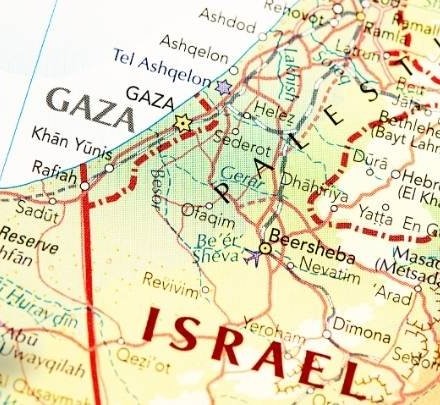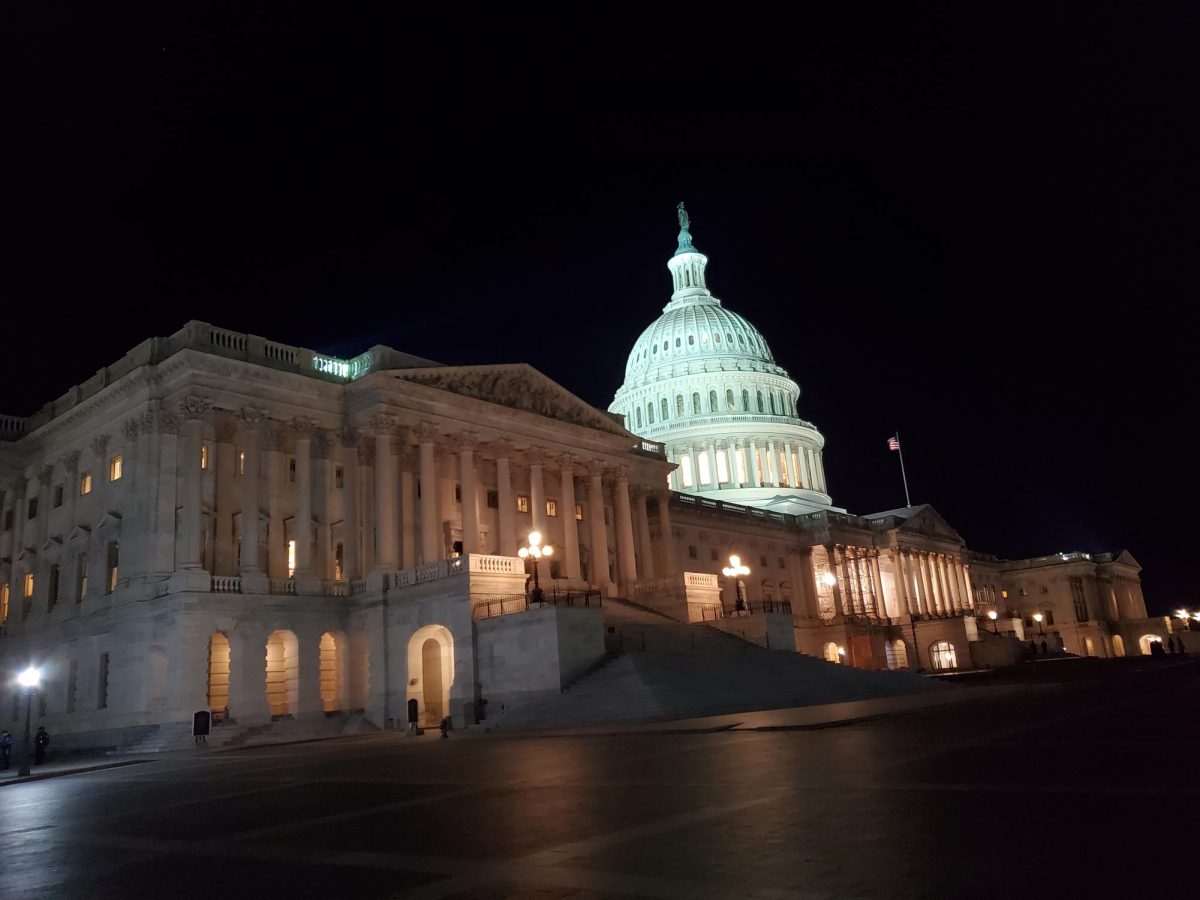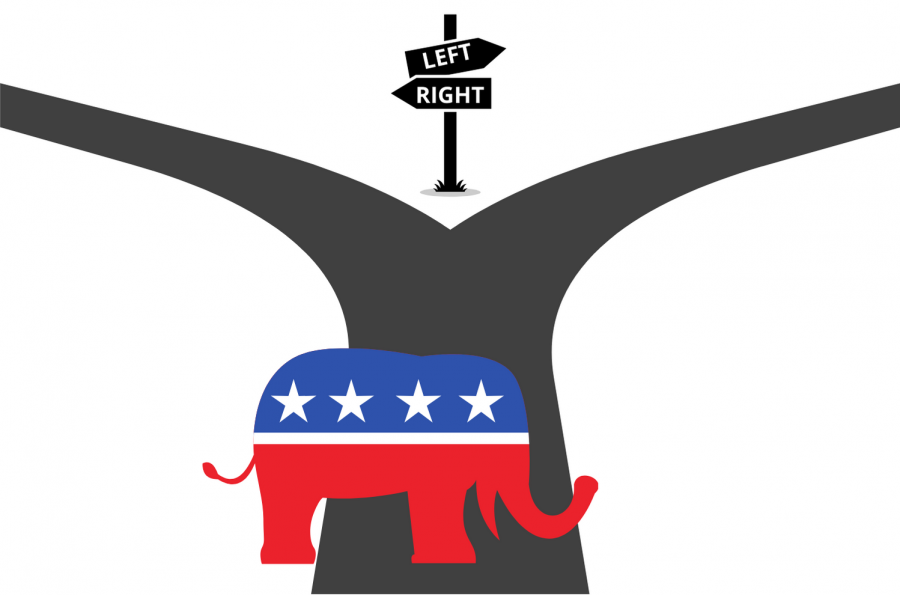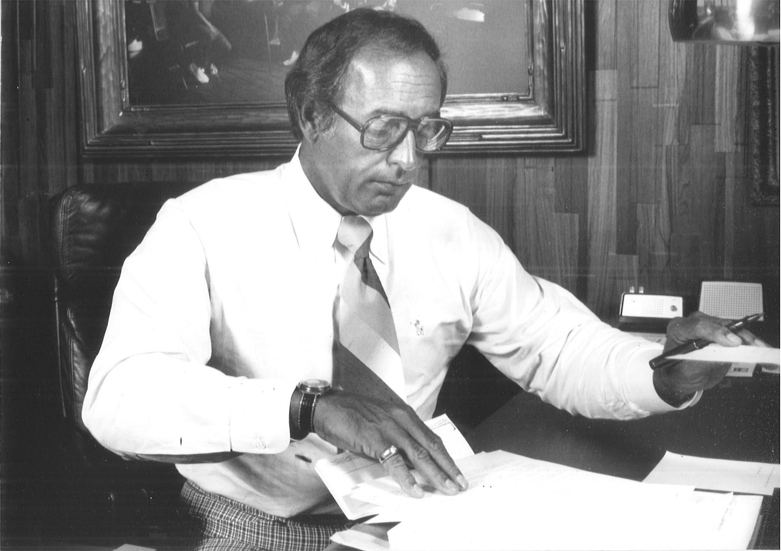Justice still awaits the citizens of Cambodia as the Khmer Rouge trial drags on with no end in sight. Only two leaders of Khmer remain on trial and the clock is ticking as the trial reaches a deficit and the defendants’ health deteriorates. The tribunal thus far has chronicled a horrifying and detailed account of the atrocities of a regime that a prosecutor said was responsible for the deaths of one-fourth of the population during its four-year rule from 1975 to 1979.
The Cambodian UN-backed tribunal, which began in 2006, involves tens of thousands of documents and a roster of aging witnesses. Its aim is to find justice for atrocities committed by the Khmer Rouge during its four years in power and the almost 1.7 million people who died from forced labour, starvation, medical neglect and execution.
The two defendants, Khieu Samphan, 81, the former head of state, Nuon Chea, 86, the chief ideologist of the group, are charged with crimes against humanity, war crimes, genocide and other offences. A third defendant, leng Sary, the former foreign minister, died in a hospital from heart failure last month at age 87. The fourth and final defendant, the former social affairs minister Ieng Thirith, was deemed mentally unfit and set free. Both the remaining defendants were members of leader Pol Pot’s inner circle responsible for Cambodia’s “Killing Fields.”
The defendants, who have both pled innocent to the charges, are accused of taking part in an “organized and systematic” bureaucracy with a “high level of integration” that kept the them constantly informed of the actions of their subordinates at all levels.
“These crimes were committed in accordance with the Communist Party center,” said Ms. Chea Leang, the co-prosecutor for the second trial which started in 2011. “The accused participated in the giving of these orders or were fully aware of the crimes. They failed to act in their capacity as superiors to prevent the crimes or to punish the perpetrators.”
“None of the accused here ever soiled his hands with blood,” prosecutor Andrew Cayley added, “but all set in motion a series of policies which unleashed an ocean of blood.”
Mr. Cayley also further outlined the accusations. Among these are the forced evacuation of two million residents from Phnom Penh, during which many people died; the enslavement of people in work sites and agricultural cooperatives where many died of overwork, malnutrition and illness; and the use of violence to eliminate perceived enemies through a nationwide network of 200 re-education and security offices like Tuol Sleng, the main Khmer Rouge prison.
He also added that the prosecutors would focus on the targeting of ethnic Cham and Vietnamese and the crushing of the Buddhist religion, which are the bases for the charge of genocide; and the practice of forced marriage, involving rape and the abuse of women.
Just one person, chief Khmer Rouge jailer Kaing Guek Eav, has been convicted by the tribunal so far; he is serving a life sentence.
The victims of the four year genocide are becoming impatient with the process. “Justice for the victims is fading little by little,” said Bou Meng, one of a handful of people to survive incarceration at the Tuol Sleng prison. “The court must speed up the trial. I deserve some kind of justice while I’m still alive.”
“It is a sad indictment of the Khmer Rouge tribunal that after more than six years, only one person has been convicted and only two others, Nuon Chea and Khieu Samphan, remain on trial for Khmer Rouge-era crimes,” Brad Adams, Asia director of Human Rights Watch, said in a report. “Cambodians now face the prospect that only two people will be held legally accountable for the destruction of their country.”
Yet some argue that it is the process itself and not the verdict that is important. “The tribunal has achieved so much for the victims. They know their voice is being heard,” said Youk Chhang, former Khmer Rouge victim and director of The Documentation Center of Cambodia. “It is all about recognition of what they suffered. The evidence in the tribunal is a vindication of what they [victims] told us 30 years ago.”
It has been a full house when court is in session, with more than 76,000 people attending since the second trial commenced on November 21, 2011, 90 percent of whom are Cambodian citizens.
The tribunal is landmark case as it combines Cambodian and international lawyers and judges, operating under the auspices of the Cambodian legal system, with assistance from the United Nations. It is known as the Extraordinary Chambers in the Courts of Cambodia (ECCC). Inconsistent funding and charges of corruption have hindered progress. Swiss Judge Laurent Kasper-Ansermet quit the trial last year saying that his Cambodian counterpart, You Bunleng, had thwarted attempts to investigate former members of the 1970s regime. The year before that, another judge, German Siegfried Blunk, resigned for similar reasons.
About 270 Cambodian employees at the UN court went on strike in March after not receiving a paycheck since December. Emergency funds were quickly raised but it still remains unclear where a further $7 million, reportedly needed to cover 2013’s costs, will come from.
The court has also created an important precedent in international law. It is the first-ever tribunal to allow the direct participation of victims as civil parties —- providing them the right of cross-examination alongside the prosecution.
Despite the outcome, the Khmer Rouge tribunal has made it further than many Western politicians predicted. It took 18 years for the UN to even acknowledge that horrific crimes that had taken place under Pol Pot’s rule. The UN General Assembly adopted a resolution in 1997 to “examine the request of Cambodian authorities for assistance in responding to past serious violations of Cambodian and international law”.
The question of time still remains in the forefront of the tribunal as the health of the two remaining defendants worsens. Rutgers professor Hinton said the court has gathered “an enormous amount of evidentiary material that will inform research for years to come”. But, according to Hinton, a judgement is still necessary: “If this doesn’t happen, the international community will have to shoulder much of the blame, particularly for the 30-year delay for justice.”







